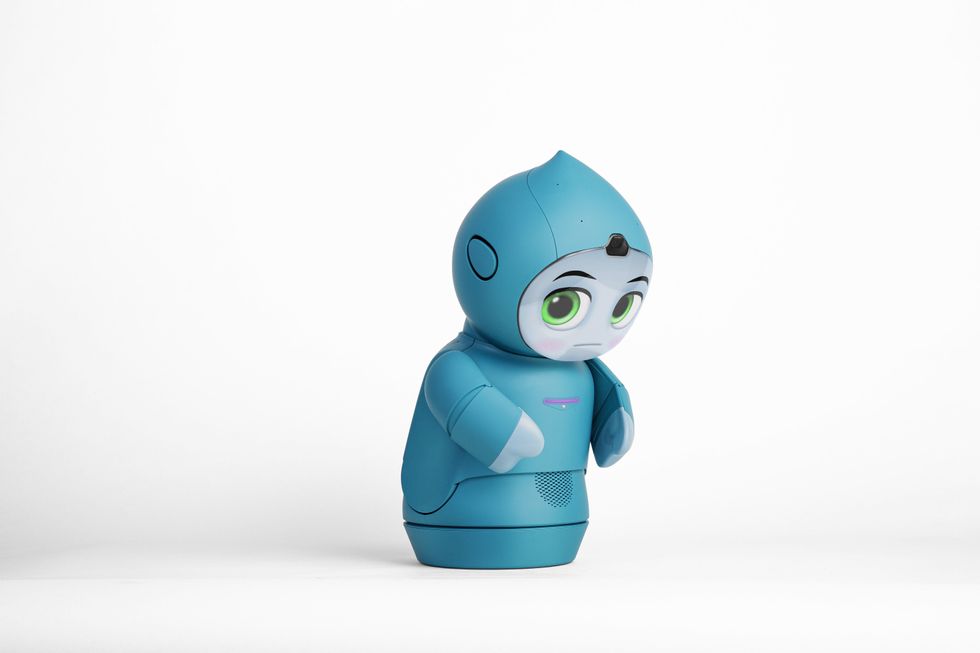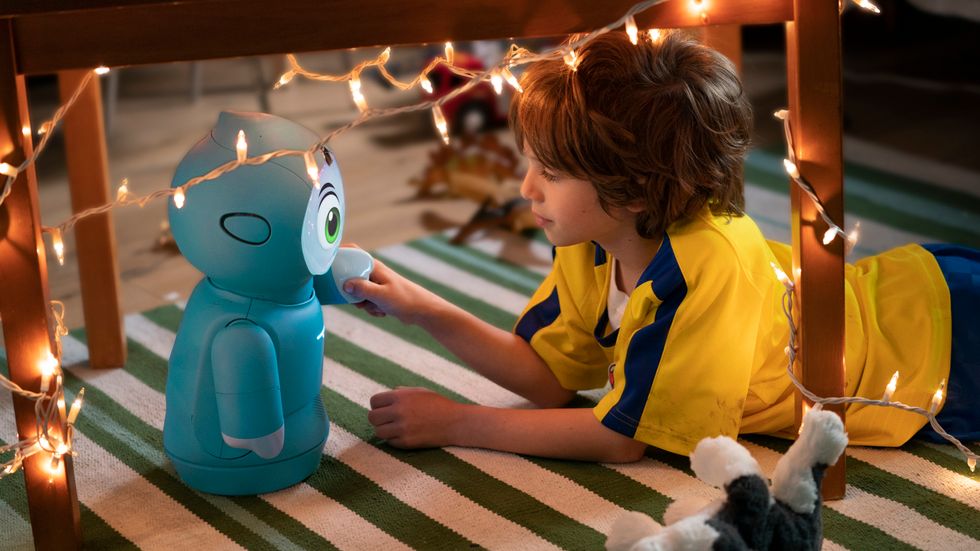This is the web version of dot.LA’s daily newsletter. Sign up to get the latest news on Southern California’s tech, startup and venture capital scene.
Every time I’m at a doctor’s appointment, I spend the first few minutes answering questions from my physician while patiently waiting for them to finish typing my responses. Usually, there’s no eye contact involved, and I’m left to stare at the wall or the pamphlets that line the bulletin board.
For most individuals, this isn’t an issue. But for children diagnosed with autism, the attention and care of a health care provider can be of utmost importance—since it’s during these sessions that they can learn about their patient’s behaviors and tendencies.
Yesterday I spoke with Ling Shao, an Orange County mother to four children on the spectrum, who shared what it was like for her sons to receive high-quality care and the positive impact that had made on their lives. Unfortunately, that isn’t the case for every child.
“Every moment that we’re not enabling more capacity and better quality of care is a moment where there’s a child out there that’s not getting services, and that’s impeding them from living their best life or having the opportunity to have friends, to live independently, to get a job someday,” Shao told dot.LA. “As a mom, that’s terrifying for me.”
Last year, Shao—a health care industry veteran who worked for UnitedHealth for eight years—founded SpectrumAi, a digital health company looking to innovate autism care through technology. On Thursday, the Los Angeles-based startup unveiled a $9 million seed funding round co-led by Cambridge, Mass.-based F-Prime Capital and Nashville-based Frist Cressey Ventures (the venture capital firm co-founded by former U.S. Senate Majority Leader Bill Frist). Also participating was the Autism Impact Fund, a Florida-based VC firm that invests in companies, like SpectrumAi, that aim to improve life for people on the spectrum.
The funding will help Shao’s startup with its goal of raising the quality of Applied Behavior Analysis (ABA) therapy, currently the only treatment covered for autism by most health insurers. SpectrumAi’s technology looks to make it easier for physicians to record ABA outcomes data and creates AI models to automate more of the documentation process.
“I am witnessing providers literally labeling behaviors with paper and pencil, and then trying to graph it out and decipher it,” Shao said of her experiences with ABA therapy to date. “There’s got to be something that I can do to marry the two and take all this great tech that I work on during my day job [in health care] and apply it in this field.”
That work is particularly important given autism’s rising prevalence in the U.S., where cases have spiked to a 1-in-44 rate in 2022, compared to a 1-in-150 rate in 2000, according to the Centers for Disease Control and Prevention. Our healthcare system may not be perfect, but companies like SpectrumAi speak to how the health tech startup scene is working to improve on the status quo for patients and providers alike. — Decerry Donato
Disney Raids Apple To Bolster Its Metaverse Strategy
The Mouse has tapped former Apple gaming exec Mark Bozon, who will help lead its metaverse-focused Next Generation Storytelling team.
Watch TikTok’s New Live Comedy Series For $5
TikTok is entering the world of streaming with a new subscription-based live comedy series, “Finding Jericho".
Bird's Free Program for Disabled Riders Comes To Long Beach
Starting this week, users with disabilities can pull up the app, choose one of four electric vehicles adapted to their needs and get it delivered to their hotel or home—all for free. The service is fully subsidized for the day.
Listen Up: Rep. Derek Kilmer on How Social Media Influences Politics
U.S. House Rep. Derek Kilmer joins the latest episode of "Office Hours," where he likens the political landscape to a rowboat: About half of Congress rows in one direction while the other half rows the opposite way.
This Week in ‘Raises’: Bonfire Raises $230M for New Funds
In this week’s “Raises,” local ecommerce, VR therapy and digital health startups got a boost in funding.
This Week in ‘Moves’: Disney Taps Former Apple Gaming Exec
On this week’s “Moves,” cybersecurity awareness training company NINJIO has a new CFO and the Walt Disney Company added a new member to its “Next Generation Storytelling” team.
What We’re Reading Elsewhere...
- Snapchat rolls out restaurant recommendations to its map feature.
- Downtown L.A.'s Two Bit Circus partners with Newegg on a new augmented reality attraction.
- Snoop Dogg-created desserts are coming to Los Angeles via an NFT-backed restaurant.
- The founder of Oculus VR struck it rich with Oculus. His defense startup Anduril made him a billionaire.
- California’s first commercial robotaxi has been approved to drive in the streets of San Francisco.
- Elon Musk reportedly wants to cut 10% of Tesla's workforce.
----
How Are We Doing? We're working to make the newsletter more informative, with deeper analysis and more news about L.A.'s tech and startup scene. Let us know what you think in our survey, or email us!


 Moxie Makes eye contact, reads facial expressions and converses with children. Image courtesy of Embodied
Moxie Makes eye contact, reads facial expressions and converses with children. Image courtesy of Embodied Researchers have become increasingly interested in the use of so-called social robots to help children with autism develop social skills.Courtesy of Embodied
Researchers have become increasingly interested in the use of so-called social robots to help children with autism develop social skills.Courtesy of Embodied